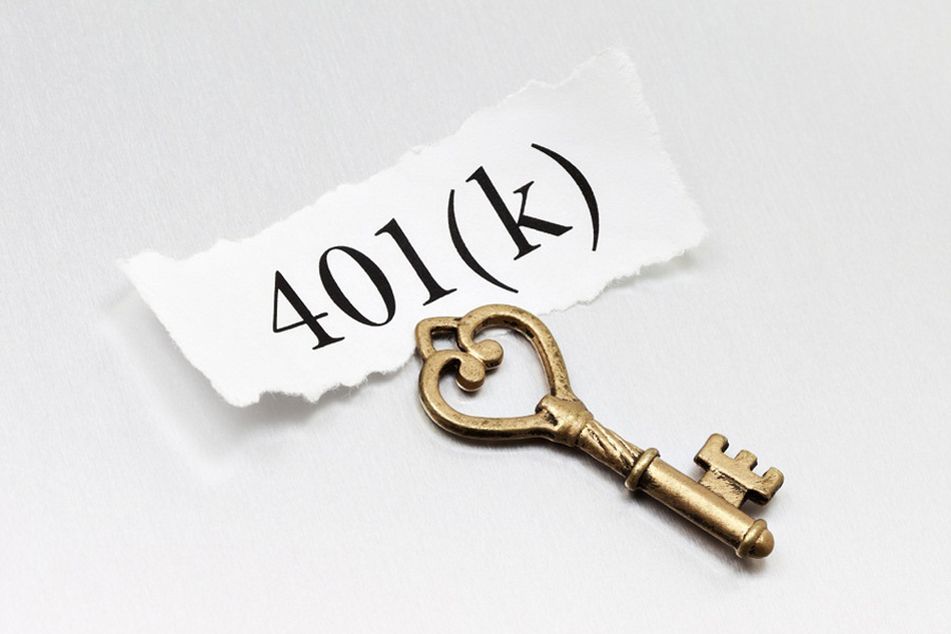Most investors regret tapping 401(k)s early — but would do it again

COVID-19 could lead more workers to take money out of retirement accounts, according to a survey from Edelman Financial Engines
The pandemic has prompted few workers to dip into their retirement accounts early, but more are now considering it, according to a report this week from Edelman Financial Engines.
Roughly a third of people said they have taken 401(k) loans or early withdrawals at some point in their lives, the survey found. About 60% of those who have taken loans or early distributions from their 401(k) accounts said they regretted it — yet just as many said they would likely do so again.
The report is based on a survey conducted Aug. 20 to Sept. 2 among about 1,900 retirement plan participants. About half of them said they have significant stress related to their finances, which often had a negative effect on their job performance, according to the report.
Survey results published Wednesday by Principal Financial found that 19% of people have pulled money out of any type of savings account over the past four months. Just 3% of workers took money early from retirement accounts, compared with 5% of retirees, that survey found. More often, workers have dipped into emergency savings — 9% said they have done so. Only 1% of workers said they have pulled money early out of IRAs, while about as many have taken hardship withdrawals from 401(k)s, according to that report.
Principal found that only 2% of people have taken loans from their retirement accounts. That survey included responses from more than 600 Principal clients, about 60% of whom are in the workforce and 40% being retired.
Yet, plan record keepers have almost exclusively said that 401(k) loan activity remains low amid the pandemic, if not even at lower levels than the providers saw during the same time in 2019.
Data provided to InvestmentNews last month from several large record keepers, including Vanguard, Fidelity, Ascensus and Principal, mostly showed that the rate for new loan applications was down on an annual basis, although the average size of the requested loan was considerably higher.
Sept. 23 marked the deadline for plan loans at the $100,000 limit allowed under the CARES Act, meaning that loans are back to the normal $50,000 ceiling. However, plan participants who are eligible for coronavirus-related distributions, or CRDs, have until the end of the year to request them. Taxes on CRDs can be paid over three years, and participants can pay back their accounts during that time.
Plan providers reported over the summer than few workers had taken CRDs, citing percentages in the low single digits. In early September, John Hancock Retirement reported that less than 1% of its plan participants had taken a CRD, for example. A report this week from the Public Retirement Research Lab had similar findings for government employees.
Figures from one plan provider, Alight Solutions, show that 4% of the roughly 4 million participants in their plans have taken CRDs as of Sept. 30, with an average withdrawal of $21,000.
However, the record new jobless claims seen during the pandemic could increase that, especially given the lack of an additional COVID-19 relief package from Congress. Without the $600 weekly unemployment checks from the CARES Act and smaller amounts under the subsequent Lost Wages Act, many who have lost work during the pandemic likely have few resources for covering expenses.
As many as a third of people have taken early distributions or loans from their retirement accounts, almost certainly a concerning statistic for financial services professionals. Conversely, the figure also shows the necessity of retirement accounts as emergency savings vehicles and potential demand for workplace emergency savings accounts, an aspect of financial wellness that is increasingly being sought by employers.
Learn more about reprints and licensing for this article.








